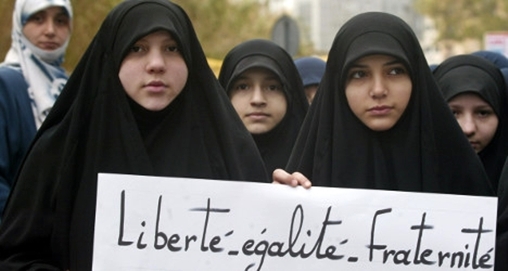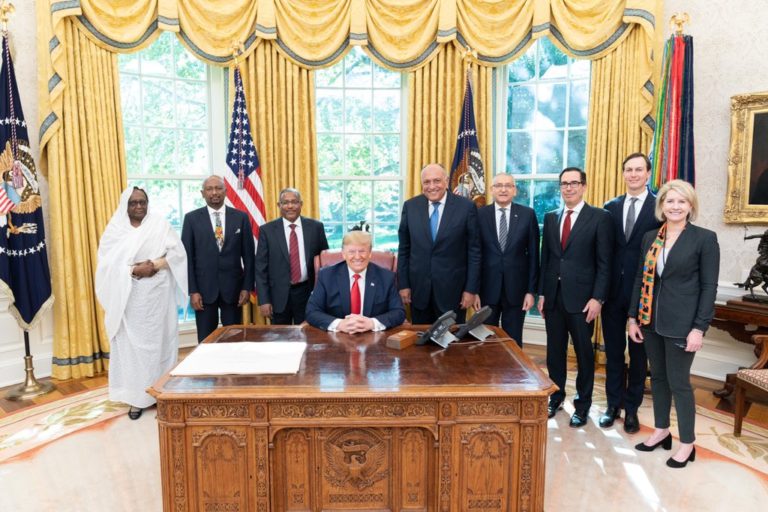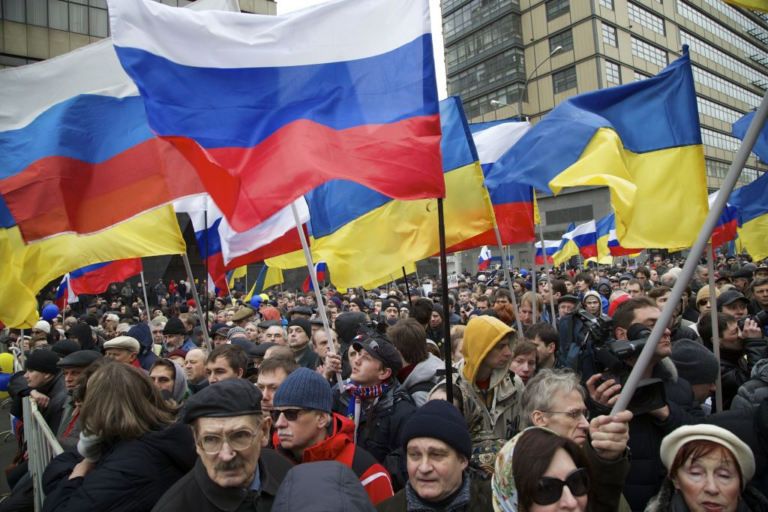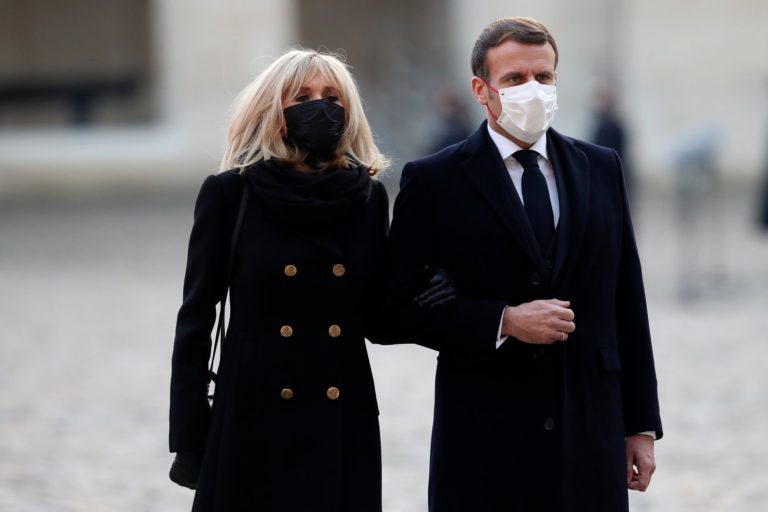
On January 7, 2015, two men forced their way into the office of French satirical newspaper Charlie Hebdo in Paris. The perpetrators killed 12 people and injured 11. It was a day of fear and mourning in the capital, but also a day that would spur policy changes and attitude changes towards the presence of Muslims in France.
France’s ‘Intelligence Bill’ was introduced on March 19, 2015, and was widely seen as the French government’s response to the Charlie Hebdo shooting of January 7, 2015. The aim of the bill included clauses such as additional police power to place individuals under house arrest, house raids without a warrant, and restrictions on religious gatherings at places of worship. There was widespread opposition from groups such as the National Commission on Informatics and Liberty and the National Digital Council, with claims that the bill paralleled the U.S. Patriot Act and infringed on the rights of French citizens, specifically French Muslims. Even so, the bill was passed as a law on July 24, 2015, with 252 for, 67 against, and 26 abstentions in the Senate. Many have since protested the Act, with multiple news outlets covering the negative impact the Act has had on France’s Muslim population. One news source reported the story of a French Muslim family whose home was broken into by the police without a warrant in 2016, and whose computer and smartphone data had been copied for surveillance purposes, although no charges were filed. The French government earmarked roughly €425 million to recruit thousands of extra police personnel, as well as spies and investigators, for the longest-declared ‘state of emergency’ in French history. The Act gives government executives the right to monitor the data and phone calls of any French resident, as opposed to just the 1,770 individuals that were on the French watchlist in 2015. The Collective Against Islamophobia in France (CCIF) reported 228 complaints by Muslim families since the bill became law, including 57 house arrests and eight overturned court cases.
The bill includes broadened terminology that allows officials to investigate ‘likely’ chances of a terrorist threat rather an ‘identified’ threat. Pre-existing anti-Islam measures from Sarkozy’s government, such as the view of wearing burqas as ‘enslavement’ created tension within the multicultural country much before the attacks. Although Macron holds the President’s title now and has asserted his goal to create an ‘Islam of France’, the sting of Sarkozy’s sentiments against Muslims was felt all around the country. Despite the growing anti-Muslim sentiment, Pew Research Centre projected a growth in the French Muslim population, stating that France’s large proportion of young Muslim children would create a larger Muslim population, even if there was a ‘zero percent migration’ scenario. However, Pew Research Centre also acknowledged that with changing securitarian policies within Europe, the migration rate of Muslims from other countries to Europe would face a probable decline. Post-Intelligence Act, the Muslim Council of France recorded 124 Islamophobic attacks and 305 threats, a 224 percent increase from 2014, with the Council noting a peak after the Charlie Hebdo attacks. The Human Rights Watch accused the French government of using the Intelligence Act to “carry out abusive and discriminatory raids and house arrests against Muslims”. It is difficult to process this amount of religious discrimination in France, a country whose famous revolution and age of enlightenment once drove other nations towards the idea of secularism. There is bitter irony in the fact that many anti-religious ideas that sprouted from the French Revolution are being ignored today in a world and era we consider much more progressive.
What remains inconclusive is whether the ‘Intelligence Act’ was an Islamophobic reaction to the Charlie Hebdo attack, or whether it was simply a government taking the required precautionary measures. The type of statistics listed above are hard to ignore. They are even harder to digest when you take into account the number of innocent, young Muslim children who have watched their parents be dragged out of their homes in handcuffs by armed French officials.



